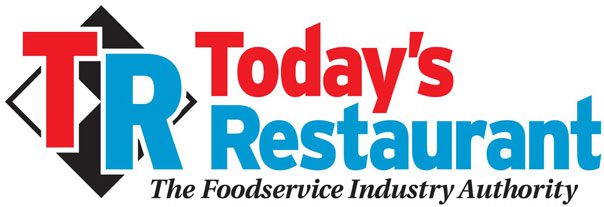
How Rising Costs and Squeezed Margins Will Keep Pressure On Restaurants In 2023
By Stefan Burkey
From the frying pan into the fire? That’s how many restaurateurs might feel about 2023 as rising costs – food, beverages, labor – keep the squeeze on profitability as the industry continues its drive to recover from the pandemic effect.
Managing through this period and building resiliency during an uncertain economy will keep the industry on its toes. As the end of 2022 approached, 95% of restaurant sales were earmarked to cover increasing costs of supplies and labor. It has forced 90% of restaurant owners to raise prices. Costs and ingredient shortages have led 65% of owners to change their menus. Hours have been shortened.
Adding to the pressure: Federal attempts to manage inflation through interest rate hikes are also making money more expensive. As operators scramble to refinance their debt in response, their expansion plans are stifled for the interim.
Here are the trends that will most shape the new year:
Ongoing staffing shortages demand creative measures
The restaurant industry is still down 750,000 jobs from 2019 levels. While better pay helps recruitment and retention efforts, it’s going to take more creativity to fill open spots – and keep workers on the job.
The industry can start by making restaurant jobs well worth an employee’s while. A focus on improved benefits will reap rewards. More scheduling flexibility would make a difference. But an environment that supports employee wellness – through formal plans as well as employer actions – will make a difference.
For example, employee safety should be a high priority, supported by improved risk management measures and training. This safety emphasis includes monitoring hours to ensure staff is not overworked, which puts them at a greater risk of costly accidents and mistakes.
In fact, the industry would also do well to consider deepening trends around personalized benefits – designed around employees’ individual needs – that deliver a quality employee experience. That’s how restaurants will populate their workplaces with loyal workers and make themselves more attractive to prospective employees.
Understanding, guarding against risks
Even before the pandemic, tech investment was key to more efficient operations, and that’s just as true today. But expanding tech-based services such as online delivery, point of sale systems, and contactless payments have a downside: they may open the doors to cybercriminals.
It’s not just big brands that have been attacked. Small businesses with fewer than 100 employees are more frequent targets, experiencing 350% more social engineering attacks than larger organizations.
This risk is only getting worse. Most major restaurant franchises require their franchisees to have some sort of cyber insurance in place. But securing coverage is difficult and costly – increasingly so as threats escalate. In fact, some expect the number of businesses unable to afford or those denied coverage to double in 2023.
That makes it critical for companies to put stringent practices in place to ensure the security of their systems. These include cybersecurity audits (which should also be required of vendors) and multi-factor authentication. It’s also critical for employees to be trained to recognize leading risks, such as social engineering and ransomware.
Another ever-present risk: liquor liability. Restaurant companies with liquor exposures can expect to pay as much as 20% more for insurance in 2023. This is another front where worker training is critical. The better they are equipped to identify and act in response to alcohol-related risks, the better the company will be able to reduce liabilities.
About the author
Stefan Burkey is the hospitality practice leader for HUB International Florida. In this role, he oversees insurance placement solutions for owners, developers, and operators from limited-service hotels to full-scale resorts. Stefan and his team clearly understand the financial needs and exposures associated with the hospitality industry, and their singular focus has generated profound market knowledge and significant buying power for HUB clients throughout Florida and the U.S.
To read more great articles about the restaurant industry visit www.trnusa.com/blog
Have you applied for your ERC refund yet? Why not? It’s not a loan and has nothing to do with the PPP money you may have received. See if you qualify at https://trnusa.com/apply-for-your-erc-recovery-funds-now/
Are you working on your 2023 advertising budget? Don’t forget to include Today’s Restaurant News.
https://trnusa.com/wp-content/uploads/2022/11/TRN-2023-Media-Kit-110423.pdf





Recent Comments